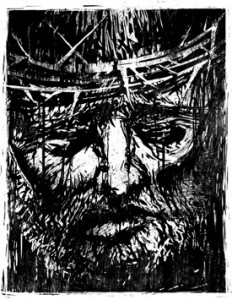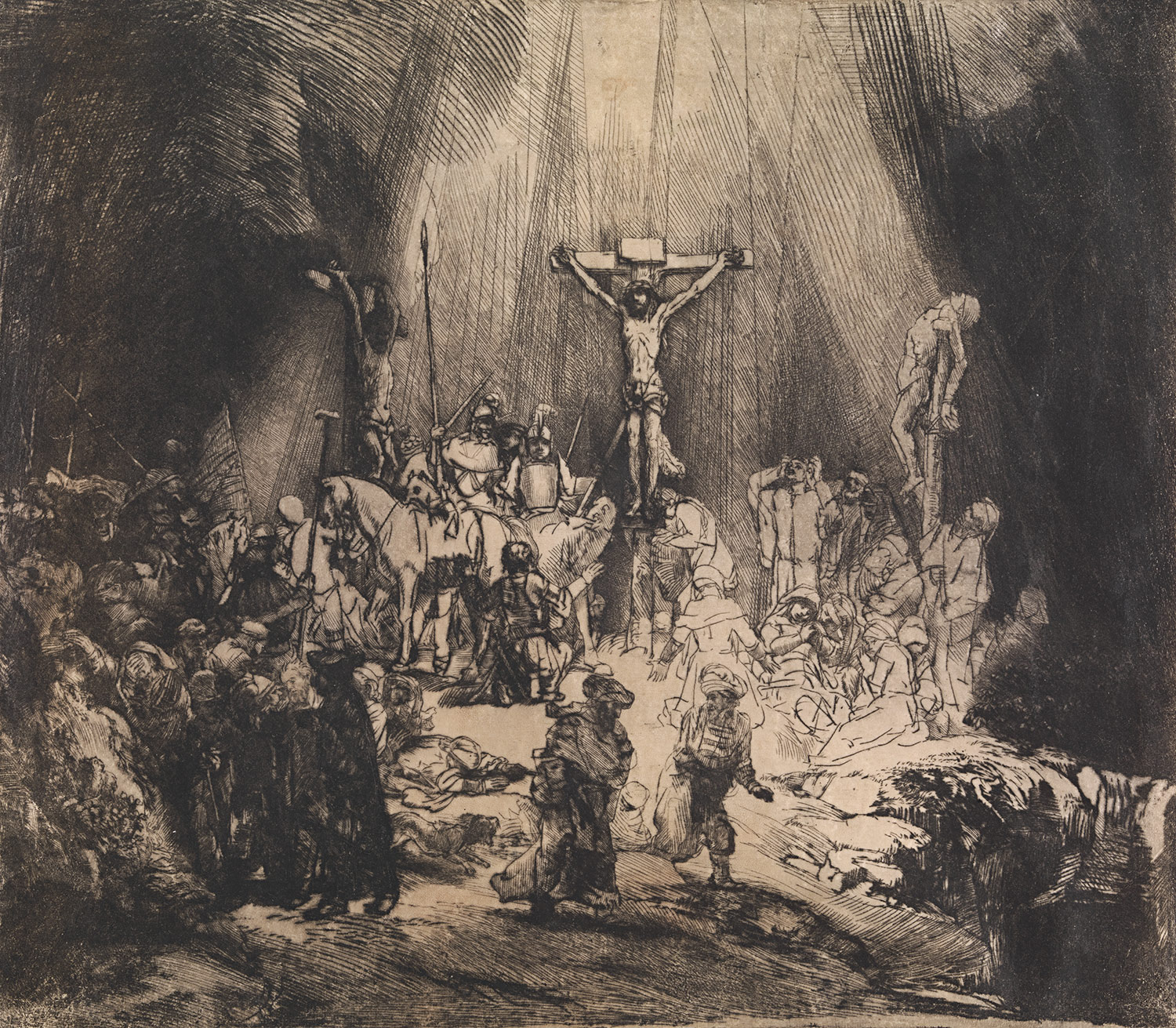
Christ’s Work on the Cross Was Once and Forever
But when Christ had offered for all time a single sacrifice for sins, he sat down at the right hand of God,
Heb. 10:12
Andrew Murray is one of the church’s richest devotional writers: simple in writing style, yet profound in thought and insight. Church historians describe him as an Evangelical pietist: a heart for the gospel and a passion for living it. Murray lived from 1828-1917 and was born in South Africa. He continued to pastor in that troubled country for years, but he is best known for his numerous writings on prayer and the Christian life. Murray’s most well-known works are With Christ in the School of Prayer (1885) and The Spirit of Christ (1888). Murray traveled and spoke widely with most, if not all, of his 240 books still in print.
I have always benefited from reading one of his titles. Below is a beautiful quote from The Holiest of All: An Exposition of the Epistle to the Hebrews that describes Christ’s the finished work on the Cross as once and forever. Redemption performed once on the Cross with no additions needed and eternal, always and forever affecting salvation for those who believe.
Andrew Murray, The Holiest of All (Grand Rapids, MI: Fleming H. Revell, 1993), 360.Once and forever : see how the two go together in the work of Christ in its two principal manifestations. In His death, His sacrifice, His blood-shedding, it is once for all. The propitiation for sin, the bearing and the putting away of it, was so complete that of His suffering again, or offering Himself again, there never can be any thought. God now remembers the sin no more forever. He has offered one sacrifice forever ; He hath perfected us forever. No less is it so in His resurrection and ascension into heaven. He entered once for all through His blood into the Holiest. When He had offered one sacrifice forever, He sat down on the right hand of God. The once for all of His death is the secret of the forever of the power of His sacrifice. The once for all of His entering through the blood, the power of the forever of His sitting on the throne.








